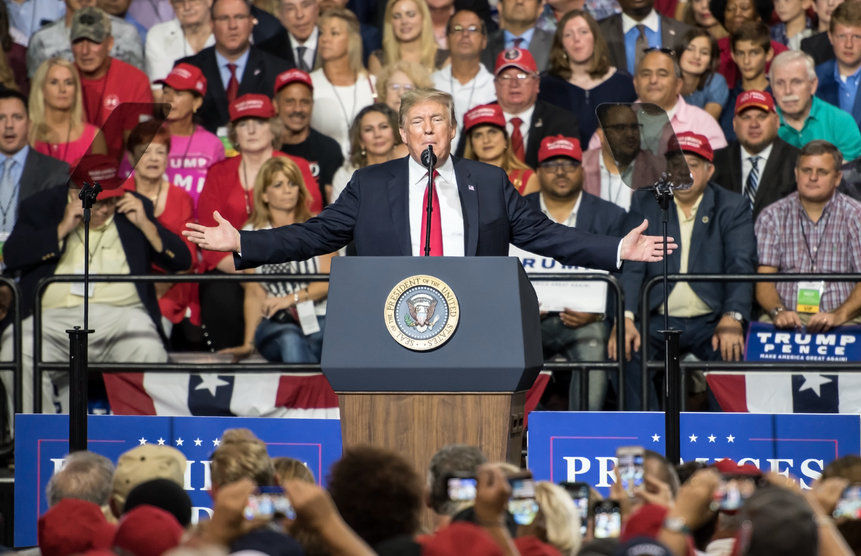Historian Niall Ferguson has downplayed the notion that former US President Donald Trump poses a significant threat to American democracy.
Speaking at the Ambrosetti Forum in Italy, Ferguson told CNBC that the fears of Trump undermining democracy were overstated, particularly given the outcomes of his first term in office.
Ferguson remarked that the dramatic predictions made in 2016 about Trump potentially establishing an authoritarian regime have largely not materialized.
“The argument that Donald Trump was going to end democracy and establish some kind of American fascism was blown up,” Ferguson said.
He pointed out that despite early fears, the political system managed to contain Trump’s impulses during his first term.
‘I was dead wrong’
Ferguson acknowledged that Trump’s conduct on January 6, 2021—when a mob stormed the US Capitol in protest of the 2020 election results—was a critical moment that could have marked the end of his political career.
“I thought January 6 was the end of Trump’s political career. I was dead wrong; he’s back,” Ferguson was quoted as saying by CNBC.
The January 6 insurrection, which involved rioting and vandalism at the Capitol, was a result of Trump’s unfounded claims about the legitimacy of the 2020 presidential election.
A 2022 select committee report highlighted Trump’s repeated attempts to undermine the election results and his failure to act decisively to stop the violence.
Ferguson argued that despite these issues, the US political system effectively managed to handle Trump’s actions and would likely do so again if he were to win a non-consecutive second term, a feat last achieved by Grover Cleveland.
He suggested that the experience of Trump’s presidency has made the warnings about his threat to democracy less convincing to voters.
Trump is currently facing a federal criminal case for alleged election interference and has been involved in various legal troubles, including civil cases related to sexual abuse and hush money payments.
Harris may face challenges
Despite these controversies, Ferguson believes that Trump’s potential rival, Democratic presidential nominee Kamala Harris, may face challenges due to her association with the Biden administration.
Ferguson argued that Harris will have to contend with voter dissatisfaction related to high inflation and immigration issues, despite strong economic growth.
On the policy front, he highlighted the differences between Trump and Harris in their approaches to taxation and regulation.
Harris has proposed a 28% tax on long-term capital gains for high-income households, down from Biden’s proposed 39.6% rate. In contrast, Trump has suggested lowering the top rate to 15%.
Looking ahead to the November election, Ferguson emphasized that the next president will face a significant fiscal challenge.
He described the US deficit as being in a “situation of unsustainability” and noted that Trump’s approach would focus on boosting economic growth rather than raising taxes directly.
In contrast, Harris would likely address the deficit through increased taxation.
“Trump’s argument is that I can address the fiscal problem by raising the growth rate,” Ferguson explained.
He said that the economy under Trump grew well and was not inflationary.
As the election approaches, the debate over how to handle the nation’s fiscal issues remains a key point of contention.
The post Trump poses no serious threat to American democracy, historian Niall Ferguson says appeared first on Invezz

